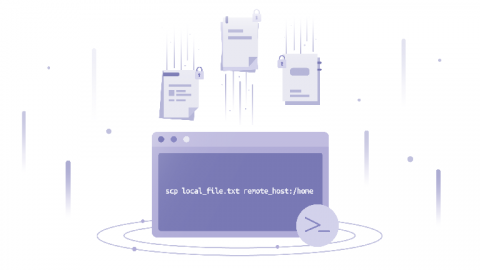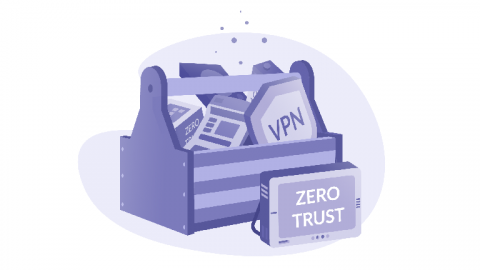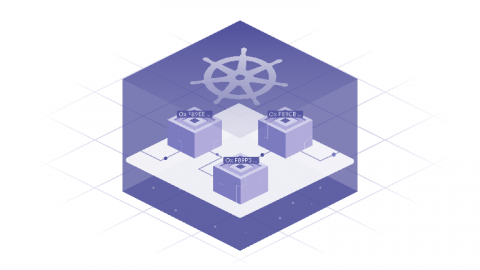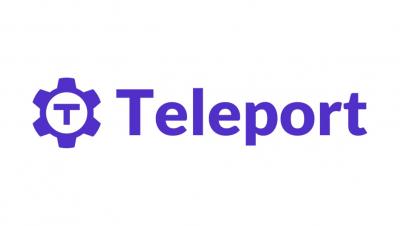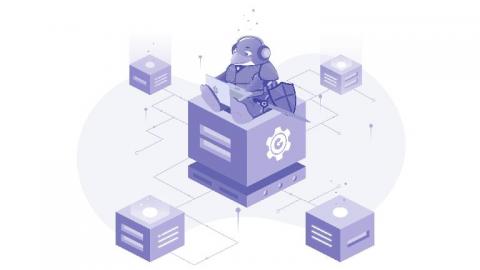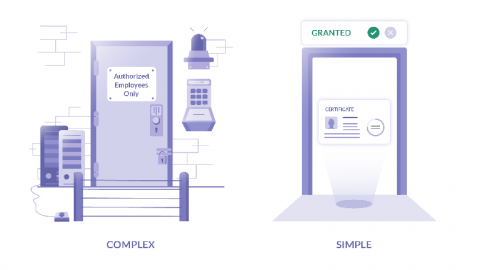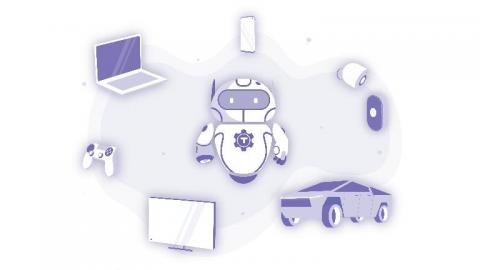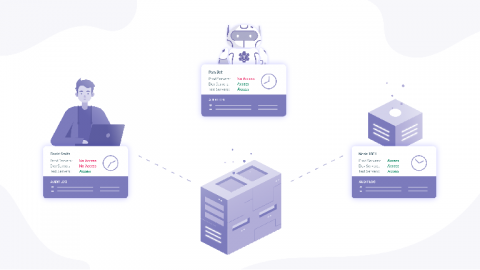SCP - Familiar, Simple, Insecure, and Slow
SCP? It’s that handy file-transfer feature of SSH, right? Well, not quite. It’s more of a hack. Or an undocumented, unstandardized mashup of two protocols. Let’s look at the exciting (and scary) details. Secure Copy Protocol (SCP) allows us to move files (and directories) between two computers. Using it is straightforward: This will copy local_file.txt to another computer (usually a server) with domain name remote_host into the /home directory.


